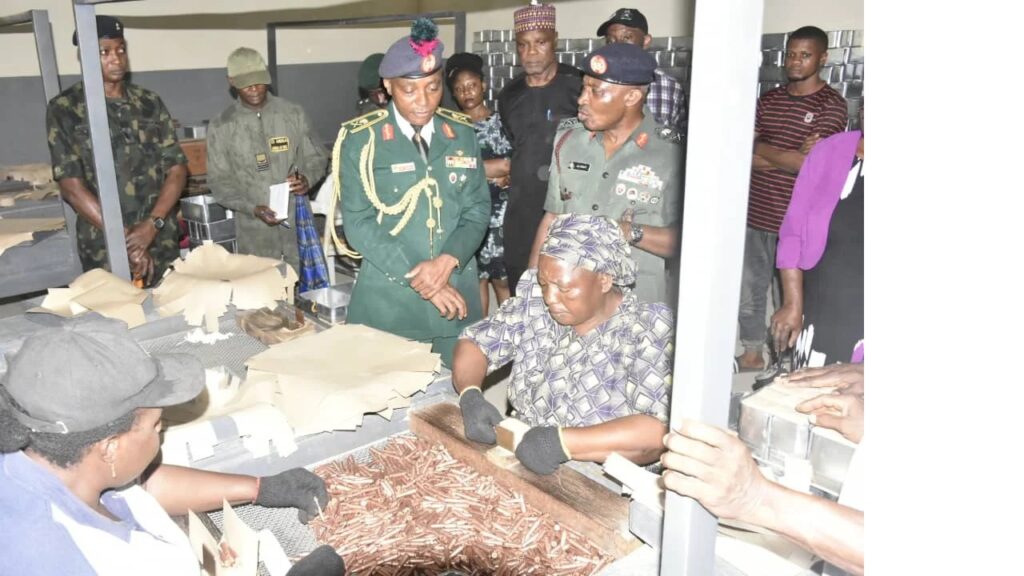
AS part of activities to celebrate International Coaching Week (ICW), the Nigerian chapter of the International Coaching Federation (ICF) has urged all citizens, regardless of status, to embrace coaching towards fostering personal growth, lasting behavioural change and in-depth self-awareness.
The call was made at Nigeria’s ICW in Lagos with the theme, ‘Innovate, Elevate and Celebrate’ where coaches urged all Nigerians from all walks of life to embrace coaching to unlock their full potential and achieve personal and professional success.
According to the President, ICF Nigeria, Akanimo Ekong, coaching impacts lives, urging individuals to explore the opportunities in coaching.
He emphasised the transformative power of coaching, citing Bill Gates’ assertion that everyone could benefit from a coach.
Ekong pointed out that regardless of one’s role, such as being a CEO, corporate leader, or political figure, “there are often areas where they struggle, and coaching can be instrumental in facilitating transformation.

L-R: International Coaching Week (ICW) Keynote speaker & Former Lagos State Commissioner for Education, Folashade Adefisayo; President of the International Coaching Federation (ICF) Nigeria Charter Chapter, Akanimo Ekong;
Programmes Director at ICF Nigeria, Ekhorose Ame-Ogie; ICF Marketing & Communications Director, Stephanie Kadiri; and Director of Partnership & Social Impact at ICF Nigeria, Mr. Tosin Ibikunle.
ICF Nigeria also unveiled a 400-chapter book titled: ‘The World of Coaching: An African Experience’ authored by 18 individuals who contributed their insights and experiences with resources.
Ekong stated that the book contains a wealth of valuable insights, stories, and resources for individuals interested in coaching, enthusiasts of coaching, and professional coaches seeking to broaden their perspectives.
“And to our leaders, coaching is not giving advice, coaching is not telling people what to do. Coaching is being there in the moment, not judging people and letting them be able to increase their own self-awareness so they become better people, he said.
During her keynote address, Folasade Adefisayo, the ex-Commissioner for Education in Lagos State, emphasised the importance of integrating coaching into schools. She suggested that by guiding students in leadership roles and teaching them effective management of peers, they can become accustomed to leadership.
She shared her personal experience, revealing that coaching played a crucial role in her career journey as the former Commissioner for Education in Lagos State. Adefisayo admitted to struggling with onboarding processes and political pressures at one point, which led her to feel lost. However, with the support of her coach, she was able to rediscover herself, emphasizing that coaching helped her to relax and overcome those challenges.
She underscored the distinctive and enduring influence of coaching, emphasizing its transformative power, which lasts a lifetime. Adefisayo noted that a coach plays a pivotal role in fostering innovation, creativity, and pushing the limit of one’s imagination.
She urged Nigerians to be themselves, always speak out as a problem shared is solved, try to be coached and don’t do what they don’t want to do but what they can do.
“In our culture, we don’t like to tell people what is happening, because with a coach, you have to be vulnerable. You have to let him or know what is in your heart, we like to keep our secrets but it causes a lot of problems for many of us like mental, depression problems. So, having a coach means somebody who understands, who cares for you and helps you to just do well in your workplace. So, I think we should be more open to getting help and support whenever we need it,” she said.














